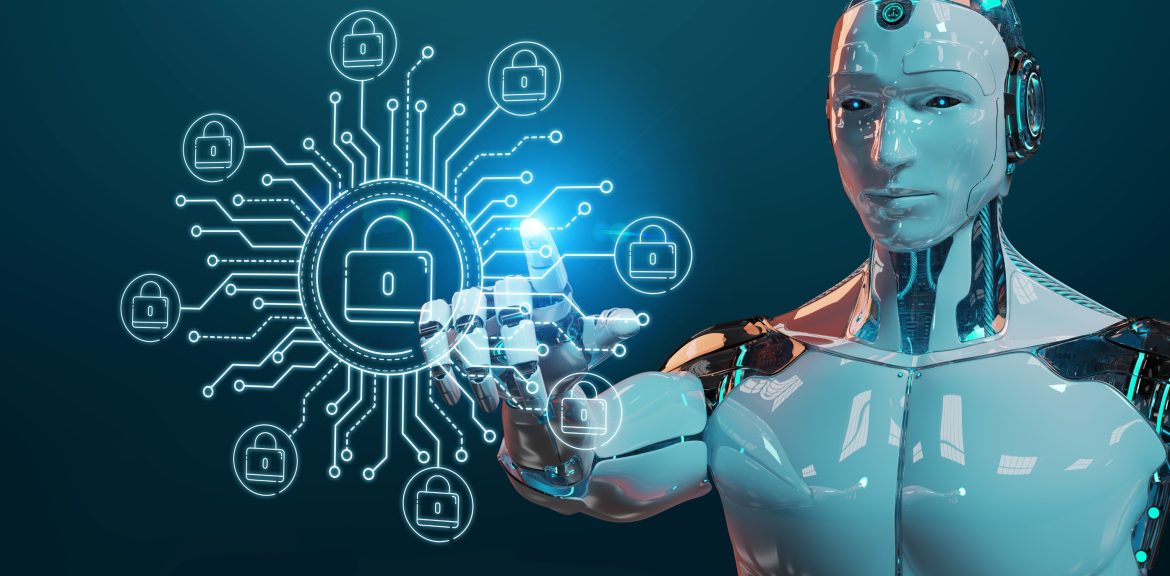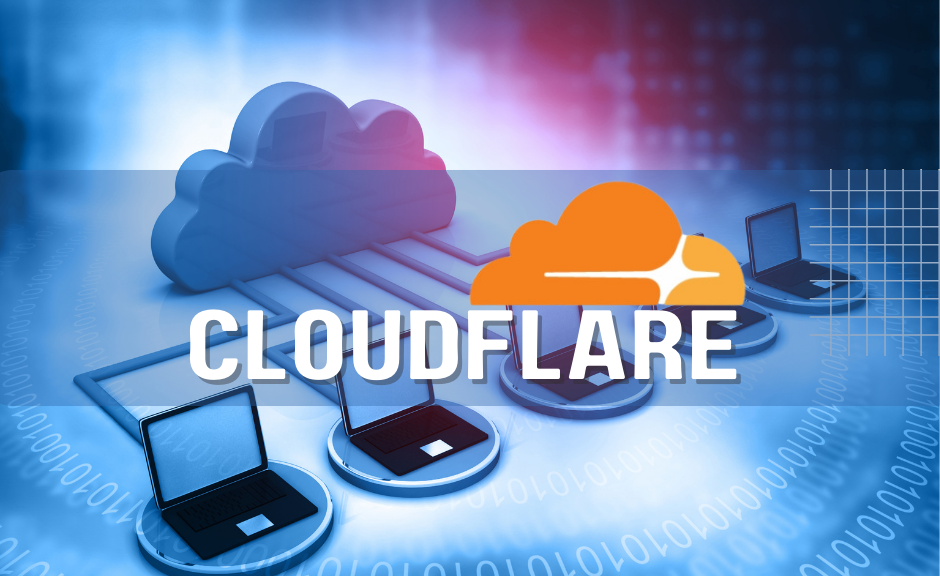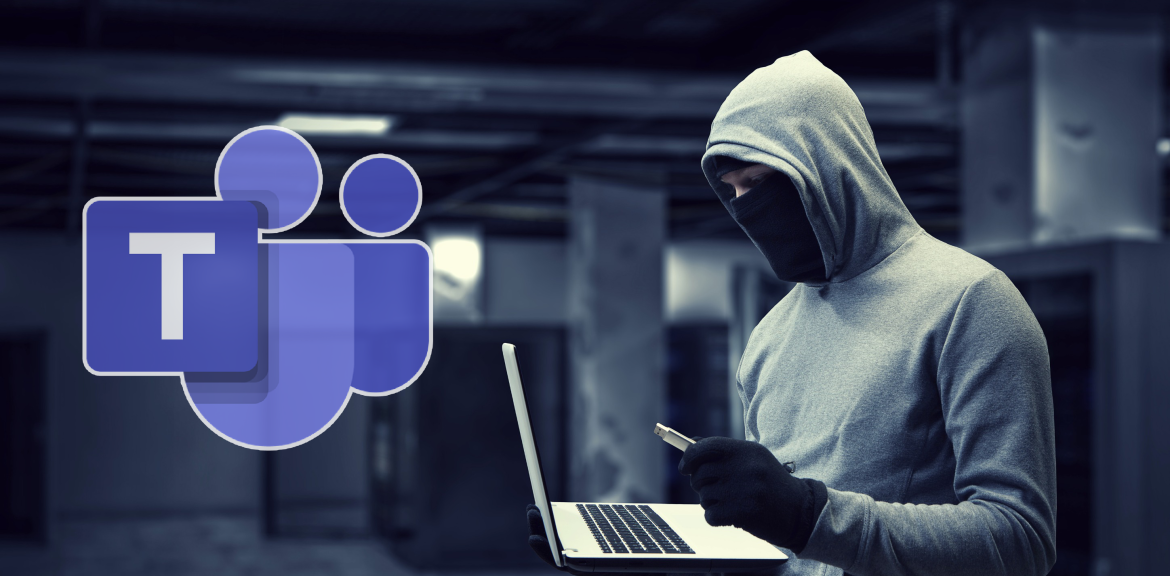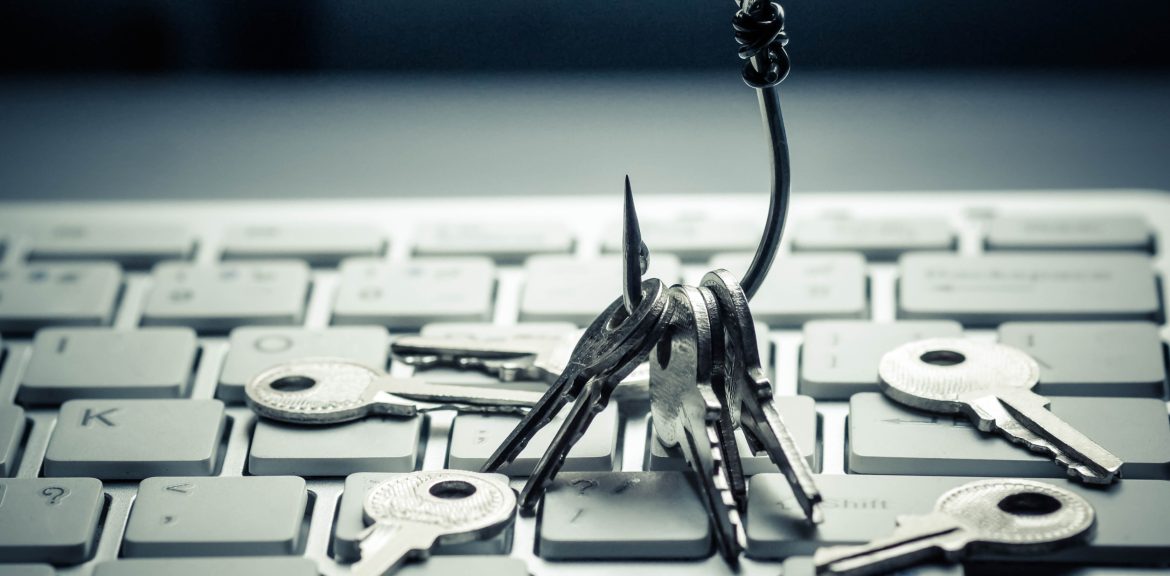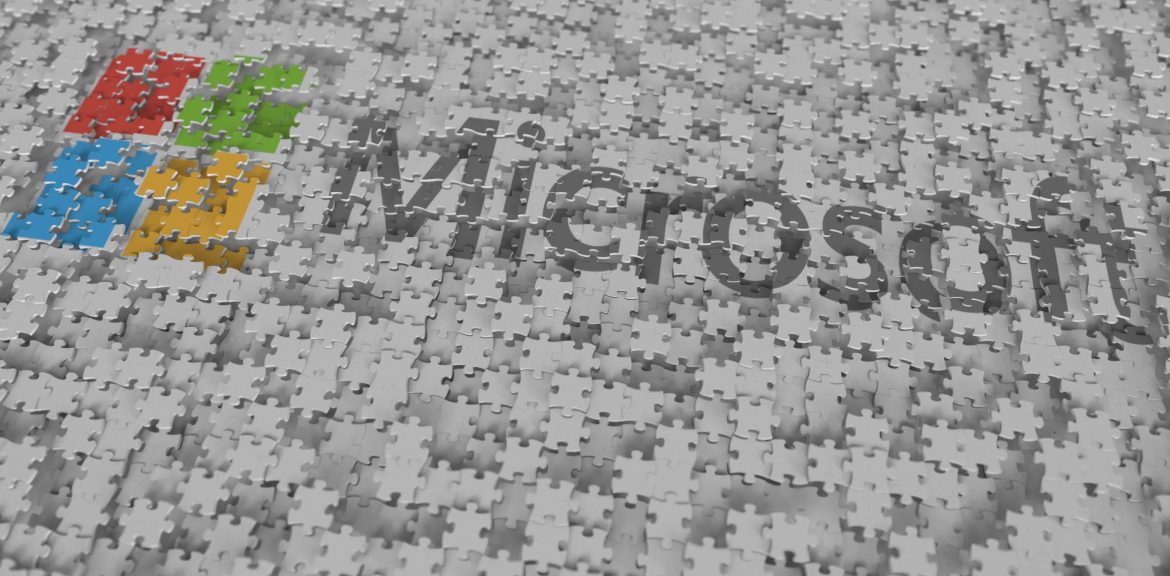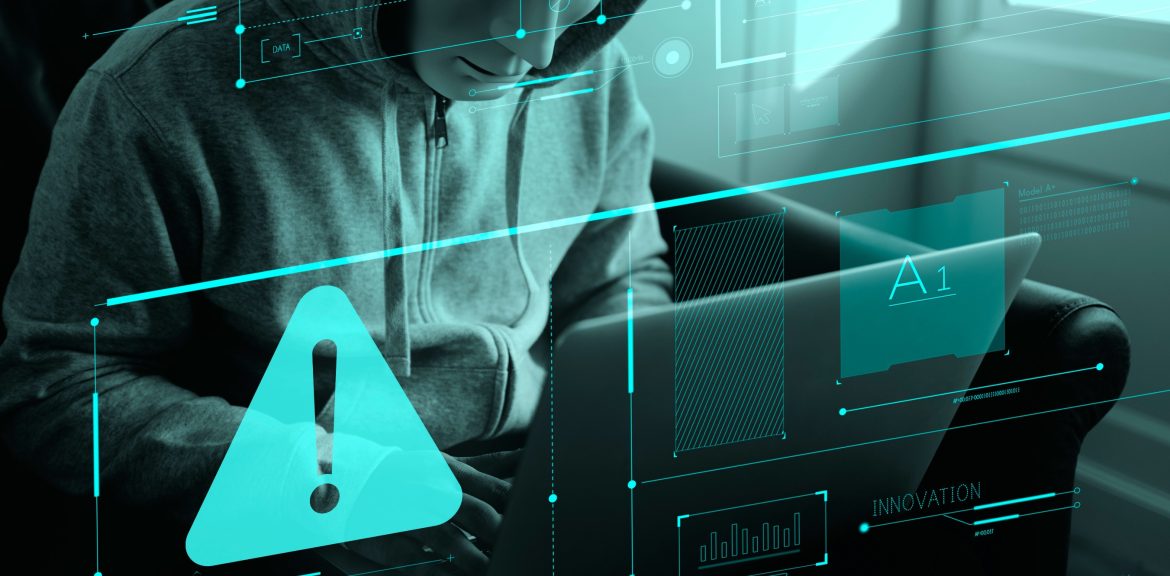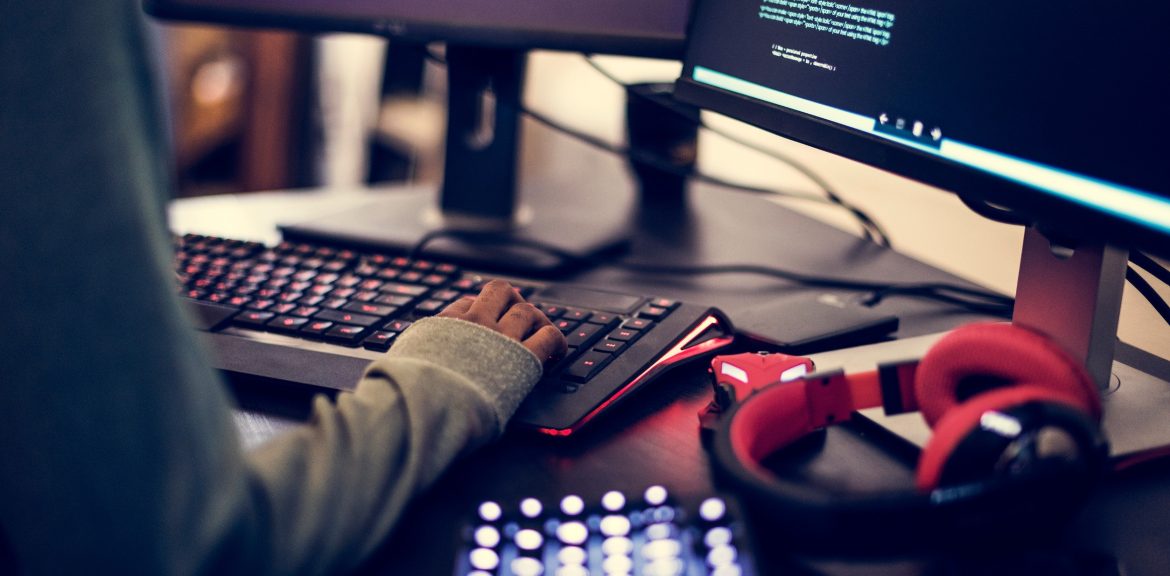The Dangers of Hackers Exploiting Pirated Software to Hijack Mac, Android, and Windows Devices
In today’s interconnected world, the threat of cyberattacks looms larger than ever. Hackers are constantly finding new and creative ways to breach our digital defenses. One particularly alarming trend is the use of pirated software as a means to hijack Mac, Android, and Windows devices. In this blog post, we will delve into the dangers associated with this malicious practice and explore the potential consequences for unsuspecting users.
The Rise of Pirated Software:
Pirated software refers to unauthorized copies of legitimate programs that are distributed without the consent of the original developers. These illegal copies are not only a violation of copyright laws but also pose a significant risk to users. Hackers have skilled themselves in injecting malicious code into these pirated software packages, offering unsuspecting users a tempting but dangerous proposition.
Exploiting Vulnerabilities:
Hackers who distribute pirated software often take advantage of vulnerabilities within the code. These vulnerabilities, which remain unpatched in pirated versions, allow cybercriminals to gain unauthorized access to users’ devices. Once inside, they can wreak havoc by stealing personal information, installing malware, or holding the device hostage for ransom.
Targeting Mac, Android, and Windows:
No platform is safe from the threat of pirated software exploitation. Mac, Android, and Windows devices are all potential targets. Previously, Mac users enjoyed a certain level of security due to the perceived invulnerability of the platform. However, with the increase in the popularity of Apple devices, hackers have expanded their efforts to make Apple products more susceptible to attacks through unauthorized software downloads.
The Cost of Convenience:
One of the reasons for the proliferation of pirated software is the allure of cost savings. However, the seemingly attractive offer of free or heavily discounted software comes at a high price. Users who choose pirated software are not only breaking the law but also voluntarily putting their own privacy and sensitive information at risk. It is important to remember that legitimate software developers invest time and resources into creating secure products, and by refusing to pay for these products, users expose themselves to numerous cyber threats.
Protecting Yourself:
To safeguard against the risks associated with pirated software, it is crucial to adopt good cybersecurity practices. First and foremost, always choose legitimate software from reputable sources. Avoid downloading any software from suspicious websites or unknown sources, as these are common breeding grounds for malware. Additionally, ensure that your devices are updated with the latest security patches and updates provided by the official software developers. Implementing robust antivirus and firewall software can also help add an extra layer of protection.
Conclusion:
The use of pirated software poses a significant threat to the security and privacy of users’ Mac, Android, and Windows devices. It is imperative to resist the temptation of cost savings offered by pirated software and instead choose legitimate options. By doing so, users can protect themselves from the potential consequences of cyberattacks, ensuring a safer and more secure digital experience.
Disclaimer: This blog post is for informational purposes only and does not constitute legal or cybersecurity advice. Users are encouraged to seek professional guidance for their specific circumstances.

